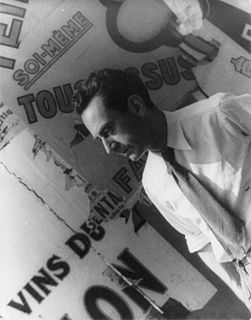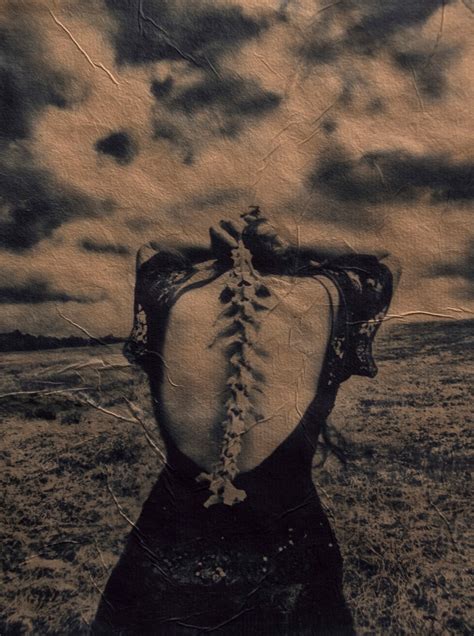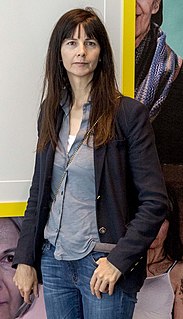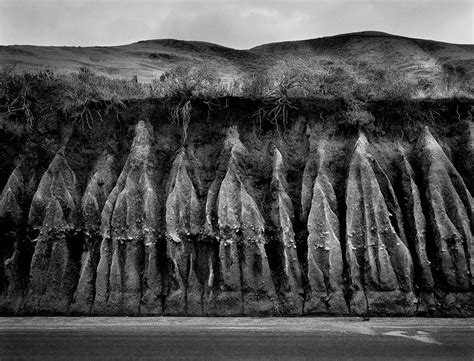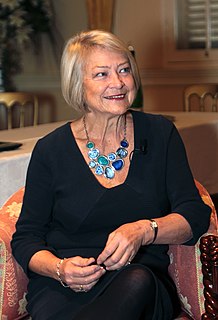A Quote by Olafur Eliasson
I can use the camera to make a place or landscape; the camera to a greater extent projects rather than takes in or reproduces. The camera, or, rather, the eye, produces the impression of the place: I as a photographer am not passively taking in; I am active as a subject generating the object.
Related Quotes
The difference between an amateur and a professional photographer is that the amateur thinks the camera does the work. And they treat the camera with a certain amount of reverence. It is all about the kind of lens you choose, the kind of film stock you use… exactly the sort of perfection of the camera. Whereas, the professional the real professional – treats the camera with unutterable disdain. They pick up the camera and sling it aside. Because they know it’s the eye and the brain that count, not the mechanism that gets between them and the subject that counts.
I have received the digital camera as a blessing. It has really changed my life as a filmmaker, because I don't use my camera anymore as a camera. I don't feel it as a camera. I feel it as a friend, as something that doesn't make an impression on people, that doesn't make them feel uncomfortable, and that is completely forgotten in my way of approaching life and people and film.
With the RED, I didn't have this impression at all. I felt that it was as heavy as a film camera. Having this great crew, with the DP and his assistants, I found it making as much of an impression as a very big film camera. I didn't relate to it as much. I remember avoiding it during the shooting rather than paying attention to it.
The camera has a mind of its own--its own point of view. Then the human bearer of time stumbles into the camera's gaze--the camera's domain of pristine space hitherto untraversed is now contaminated by human temporality. Intrusion occurs, but the camera remains transfixed by its object. It doesn't care. The camera has no human fears.
The camera is not only an extension of the eye but of the brain. It can see sharper, farther, nearer, slower, faster than the eye. It can see by invisible light. It can see in the past, present, and future. Instead of using the camera only to reproduce objects, I wanted to use it to make what is invisible to the eye - visible.




